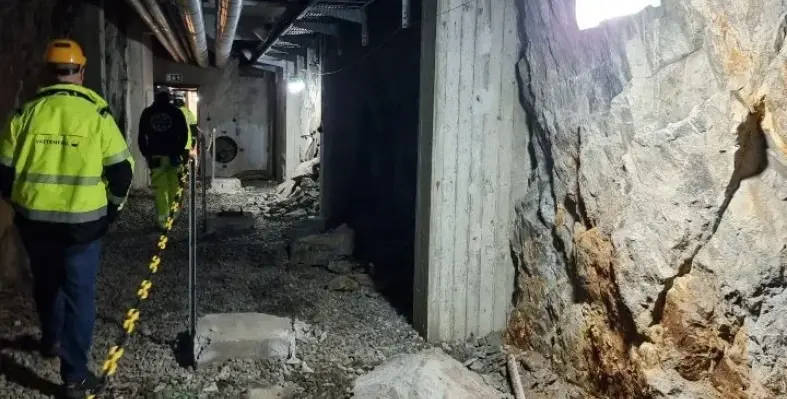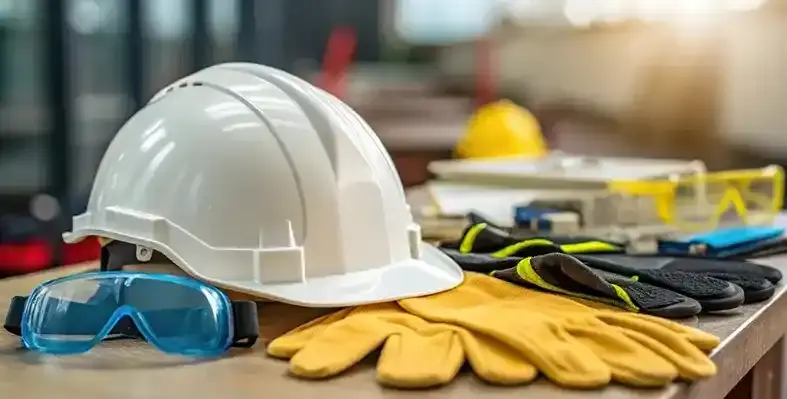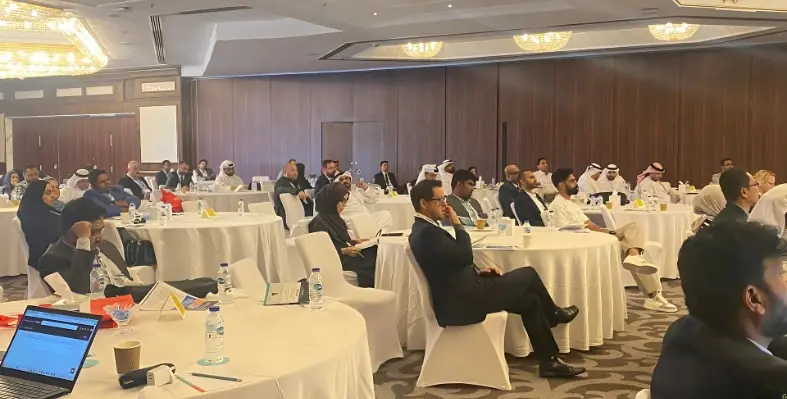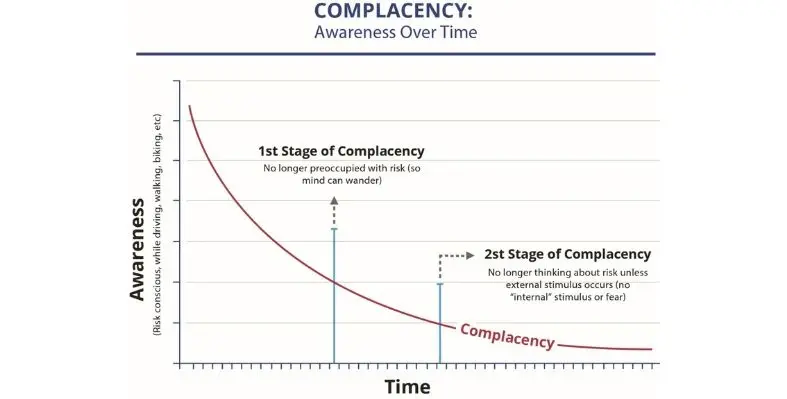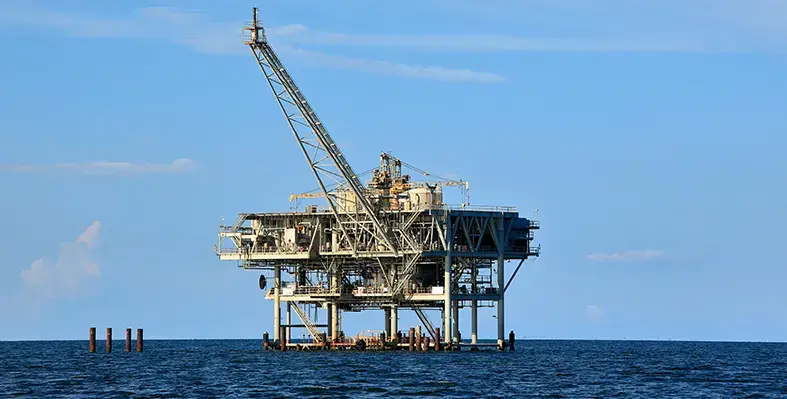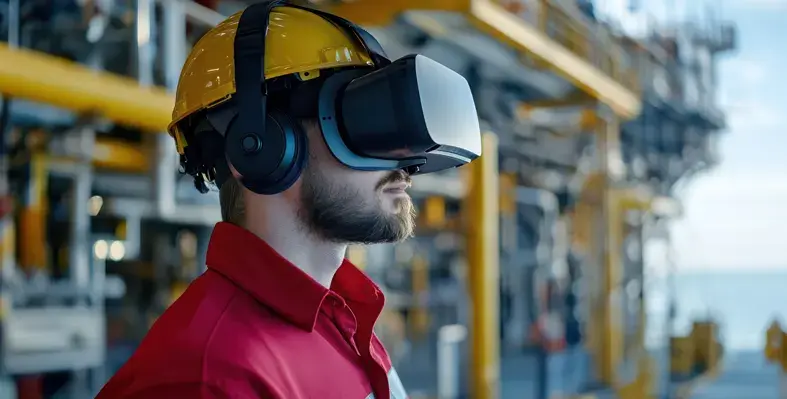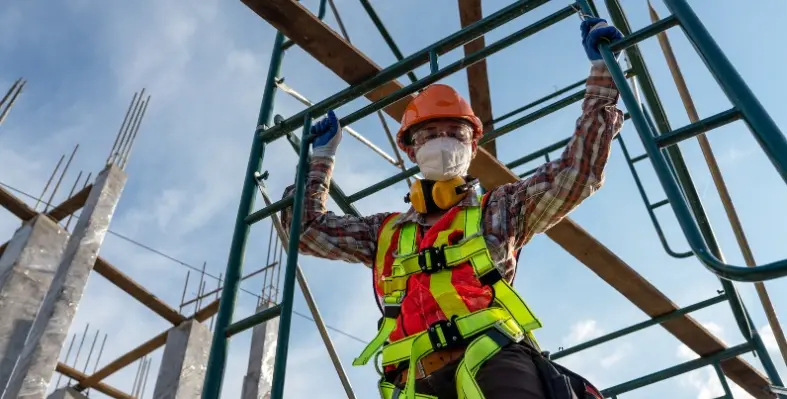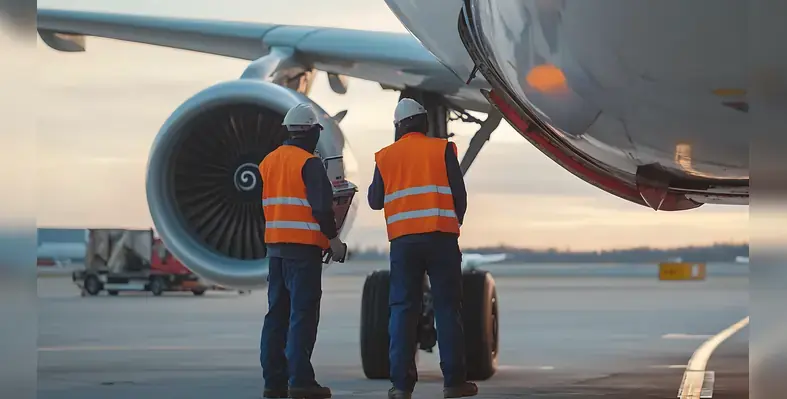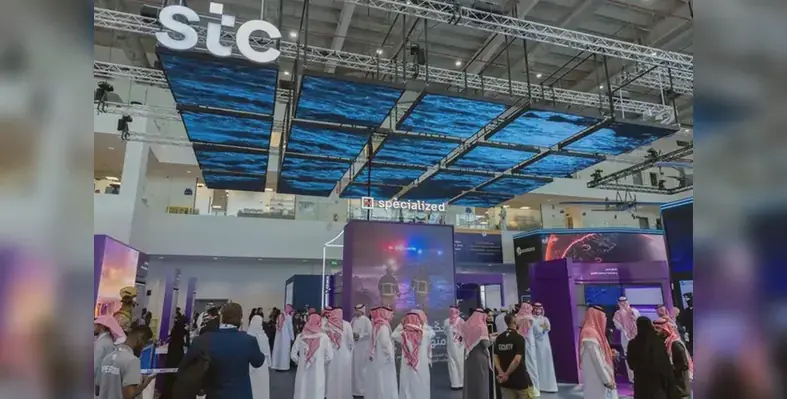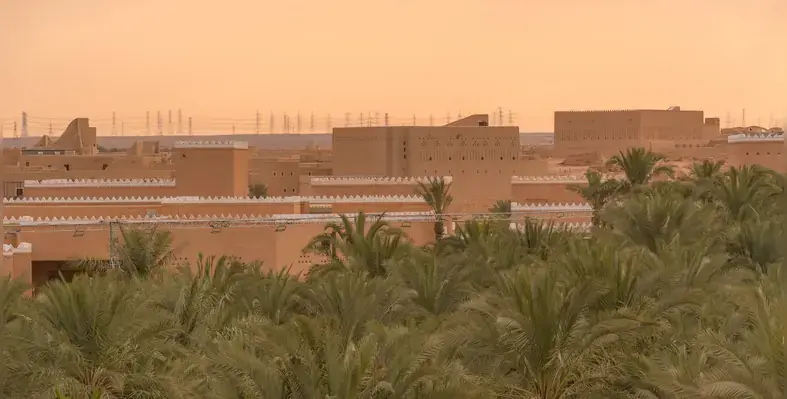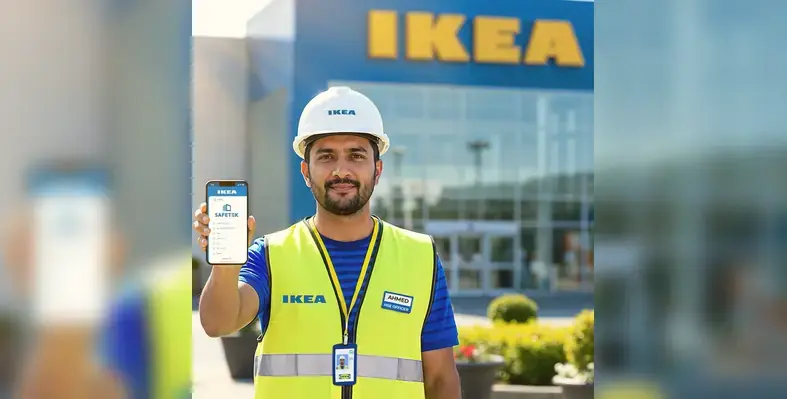NSF, a global public health and safety organisation, has officially opened its new Middle East headquarters in Dubai Science Park.
The company said ina press statement, "This strategic move marks a major step in NSF’s 40-year journey in the region, underlining its long-term commitment to supporting public health and advancing safety standards across the Middle East."
The new facility will serve as the central hub for NSF’s activities across the Middle East and North Africa (MENA), aligning with its global mission to improve human and planetary health.
It will provide comprehensive services to the regional water industry, including testing, auditing and certification.
Building on a strong regional presence, NSF has already certified thousands of companies, playing an instrumental role in enhancing public health safeguards.
James Howe, vice president of NSF EMEA, commented on the expansion, “NSF’s new MENA headquarters in Dubai Science Park marks a pivotal moment in NSF’s history in the region. This new facility will allow us to better serve our clients and partners across the region, bringing our global expertise and standards closer to local markets. We’re excited about the opportunities this presents for collaboration and growth.”
NSF has been setting global benchmarks in water safety for over 80 years.
In the MENA region, a key focus has been on improving water quality and safety standards.
Its well-established drinking water standard, NSF/ANSI/CAN 61, was recently adopted into the technical specifications of Dubai Electricity and Water Authority (DEWA).
Ahmad Onnab, senior manager Water, Middle East & Africa at NSF, stressed the significance of this development: “Water safety is a critical issue in the MENA region. Our new headquarters will strengthen our ability to work with local authorities, governments, businesses, and communities to ensure the highest standards of water quality, safety and sustainability. International standards such as NSF/ANSI 60 and 61 have been instrumental in improving water treatment processes across the region and are increasingly mandated by national water regulations in the region, including the UAE, Saudi Arabia and Oman. We look forward to building on this foundation, helping this region on its journey to safer and healthier water systems.”





